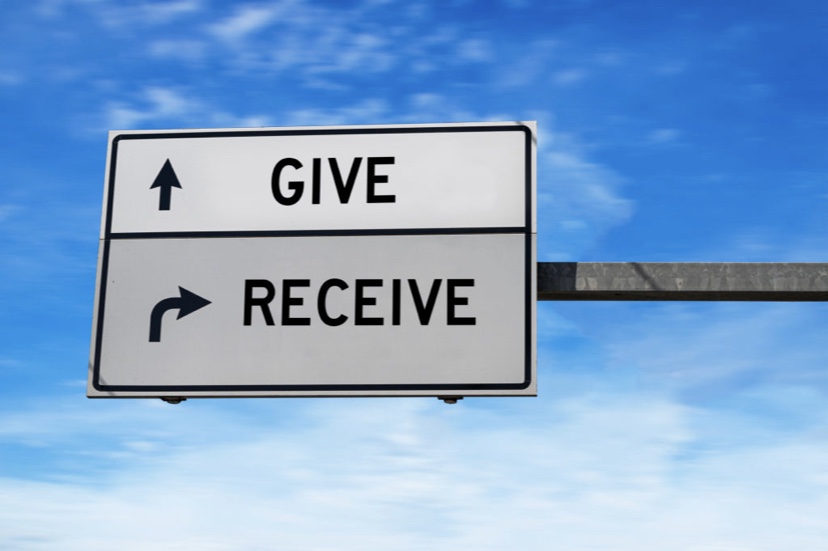“Simply, everything you do creates either a positive or negative consequence,”
Everything is energy, including your thoughts and emotions, which are energy in motion. So, in essence, everything you do creates a corresponding energy that comes back to you in some form.
Using karma as a set of powerful guidelines for your life can incentivize you to be more mindful of your thoughts, actions, and deeds before you make decisions.
With that in mind, think of the laws of karma as guidelines to follow as you go through daily life. The 12 laws of karma can help you understand how karma really works and how to create good karma in your life. Let’s look at each of these laws in more detail.
1. The great law or the law of cause and effect
When most people talk about karma, they’re likely referring to the great law of cause and effect. According to this law, whatever thoughts or energy you put out, you get back — good or bad. In order to get what you want, you have to embody and be worthy of those things. It’s the concept of what you reap, you sow. “For example, if you want love in your life, be loving to yourself,”
The law of creation underscores the importance that life doesn’t just happen to us. To make things happen in your life, you need to take action, instead of waiting for something to magically come your way. “You are the co-creator of making what you want, based on your intentions,” Also consider how you can use your skills, talents, and strengths to create something that not only benefits you but others, too
Creator of The Daily Meditation, the law of humility is based on the principle that you must be humble enough to accept that your current reality is the result of your past actions. For example, if you’re blaming your colleagues for your poor performance at work, Harrison says you must accept that you created this reality by not performing as well as you could have.
Growth starts within us. To positively shape the world, you need to start with yourself. That’s because real change or personal growth begins with what you have control over, which is yourself, not others. The law of growth also looks at the things you can’t control and how you deal with accepting this fate. Ultimately, your focus should be on you, not trying to control the people or things around you.
Alex Tran, a yoga instructor based in Seattle, Washington, says the law of responsibility is her favorite law to teach in class. “It’s a reminder that you own what happens to you in life. It’s a great reminder that what happens to you is because of you. This eliminates the opportunity for you to look outward to find the cause of your problems,” Tran explains. She likes to use this to describe the karma law of responsibility: “You are the product of the choices you make.”
Focusing on too many things at once can slow you down and lead to frustration and negativity. That’s why the law of focus encourages you to concentrate on one thing at a time. “If you focus on higher values like love and peace, then you’re less likely to be distracted by heavy feelings of resentment, greed, or anger,” Patel says.
To experience peace of mind, you have to embrace the present. This can only happen when you let go of negative thoughts or behaviors from your past. If you get too focused on past events, you’ll keep reliving them. One exercise Patel recommends to get in touch with the here and now is to get rooted into your senses. “Look around the room you are in, focus your eyes on something, blink, and say ‘I am here,’” she says.
According to this principle, history will continue to repeat itself until you learn from the experience and take steps to do something differently to stop the cycle. Change gives you a new path so that you can create a new future and a better version of yourself, free from the patterns of the past.

Leave a comment